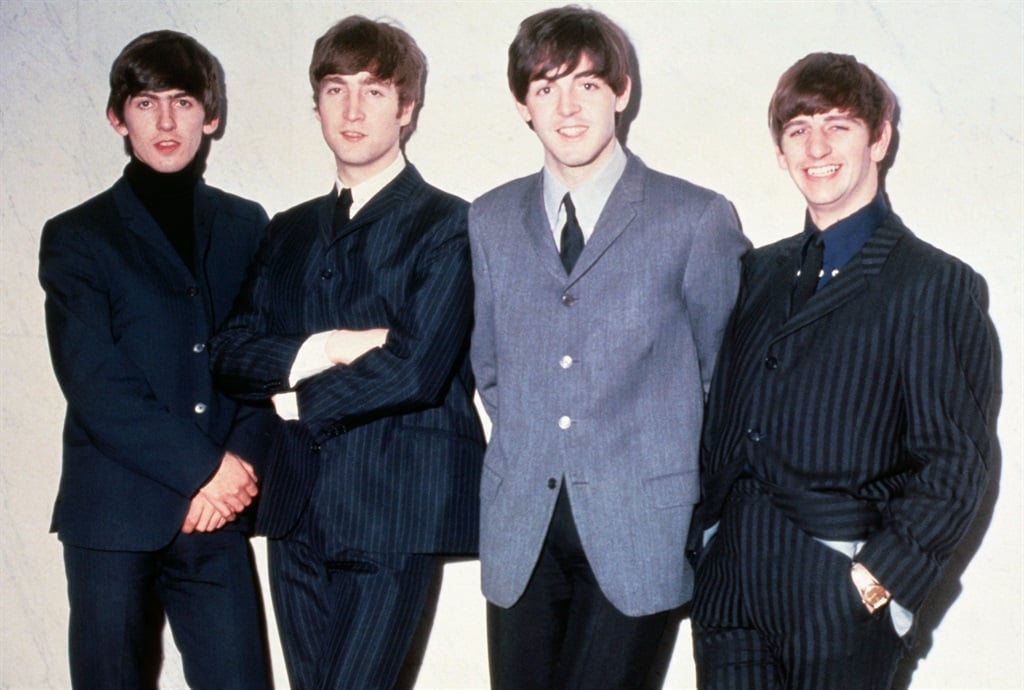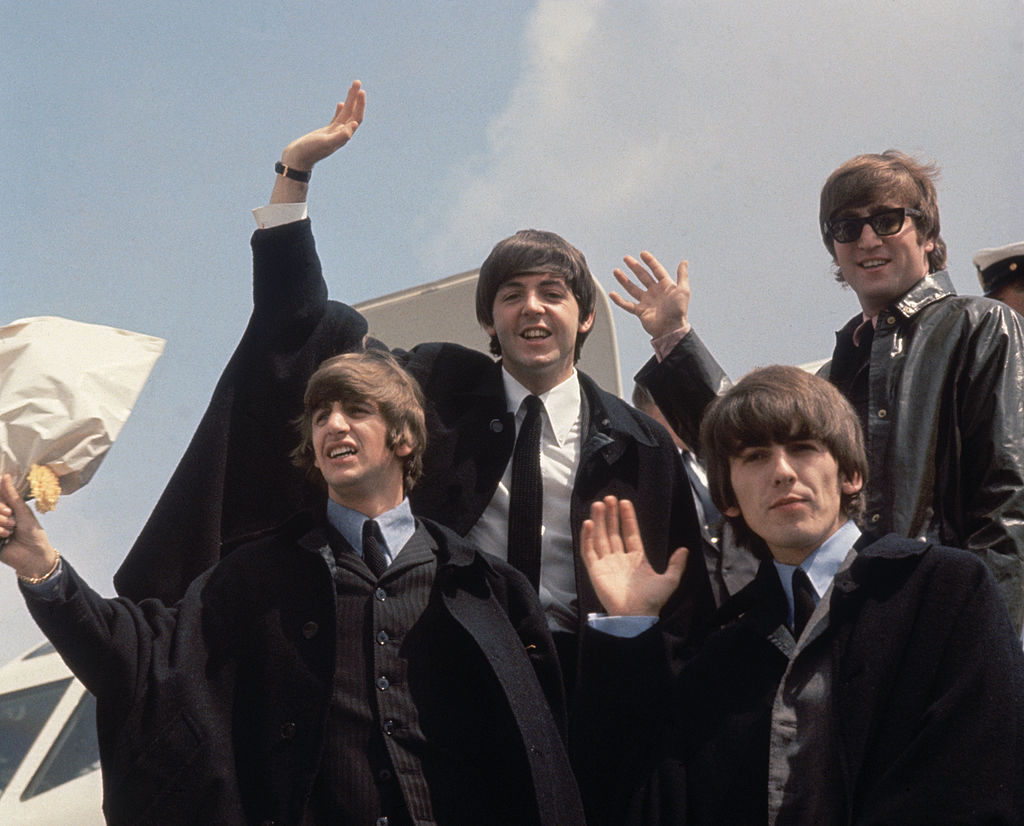The Beatles song Ringo Starr called “the worst track we ever had to record”
For a band like The Beatles, a group that played a significant role in changing the landscape of popular music forever, shaping our cultural landscape and the proliferation of pop as we know it, when it comes to their songs, no stone has been left unturned. Their music is so neatly threaded into the cultural landscape that there feels very little to be said about their songs and albums that haven’t already been shared a thousand times over.
Despite being active for just ten years, the Fab Four churned through a relentless amount of material at blistering speed before collapsing under the weight of their own legacy. It became a blueprint for many rock bands, diving into their work head first, creating anthemic singles backed by albums worth of devoted dissection, but the lads from Liverpool did it first.

Despite their unprecedented success, Paul McCartney, John Lennon, George Harrison and Ringo Starr would eventually burn out with a mixture of creative fatigue and interpersonal relationship deterioration.
With 13 recognised studio albums, five live albums, well over 50 compilation albums, 63 singles and a couple of movies to their names, fans of the group have had a lot to analyse in the years following their split. And they’ve never been afraid to do so, with volumes upon volumes of books penned in tribute to the group and their work.

While a decade is an incredibly short time span to build the size of the musical empire that the band presided over, The Beatles did so with an ability to transition with the times, maturing from boyband pop music to rock and roll and again to drug-induced psychedelia.
However, with the development of their sound came a change in the individual personalities of each member as they began to compete for creative control. It would be a struggle that would plague the group and, ultimately, lead to their downfall.
With a change in the dynamics of the band and outside influence from new romantic and creative partners clearly impacting the harmony of the Fab Four, cracks began to show, and the material was being pulled from pillar to post.
The group dabbled in all kinds of genres, from returning to their rocker roots to diving headfirst into the acid-rock that washed London’s streets with psychedelic patterns in the swinging 1960s; all the while, McCartney tried to take the band back to the music hall. No song better exhibits that than the much-debated single ‘Maxwell’s Silver Hammer’.
Written by Paul McCartney and featured on the album Abbey Road, ‘Maxwell’s Silver Hammer’ was created during the brutal Get Back recording sessions, when personal relationships between members were at an all-time low.
It was a time that saw the quartet in constant quarrels over songs, with George Harrison finding himself being particularly frustrated trapped behind the songwriting juggernaut of the Lennon-McCartney partnership.

Since the death of Brian Epstein and Lennon’s subsequent step back from being the band’s de facto leader, McCartney moved into the spotlight as the group’s creative lead.
In seizing control of the group, McCartney had a clear vision for his tunes. As one of the more universally gifted musicians in the group, he was able to fully outline the songs he’d written, and ‘Maxwell’s Silver Hammer’ was delivered in a similar vein. To get it down as he imagined, he forced the band to work through hours upon hours of session time.
“The worst session ever was ‘Maxwell’s Silver Hammer’,” Ringo Starr later recalled in an interview with Rolling Stone. “It was the worst track we ever had to record. It went on for fucking weeks,” he added.
Of course, if the usually upbeat Ringo Starr was dishing out the criticism, you know it had to be troublesome. John Lennon, an artist who was much more willing to voice his discontent, followed suit: “I hated it,” Lennon told David Sheff for Playboy in 1980. “All I remember is the track – he made us do it a hundred million times.” It was a showcase song for McCartney, and his insistence on perfecting the track clearly wore the other members of the group down.
Adding: “He did everything to make it into a single, and it never was, and it never could’ve been. But [Paul] put guitar licks on it, and he had somebody hitting iron pieces, and we spent more money on that song than any of them in the whole album.”
By this point in time, McCartney’s stronghold over the band was at an all-time high, the bassist acting as the de facto leader after former manager Brian Epstein had passed away.
Despite the frustration around ‘Maxwell’s Silver Hammer’ propping up most interviews during this period – and the issues it subsequently caused – McCartney remained positive at the time of its recording. “It was the best radio play I had ever heard in my life, and the best production, and Ubu was so brilliantly played,” he said in the Barry Miles book Many Years From Now. “It was just a sensation. That was one of the big things of the period for me,” he added in a somewhat overzealous show of bravado.
In the very same book, which McCartney’s close friend wrote, the Beatle added: “Miles and I often used to talk about the pataphysical society and the Chair of Applied Alcoholism. So I put that in one of the Beatles songs, ‘Maxwell’s Silver Hammer’,” he said, before explaining the lyrical content. “Nobody knows what it means; I only explained it to Linda just the other day. That’s the lovely thing about it. I am the only person who ever put the name of pataphysics into the record charts, c’mon! It was great. I love those surreal little touches.”
It would appear as though McCartney was out on his own with this one, however, as even George Harrison reflected on the track with disdain: “Sometimes Paul would make us do these really fruity songs,” he told Crawdaddy in the 1970s. “I mean, my God, ‘Maxwell’s Silver Hammer’ was so fruity.”





